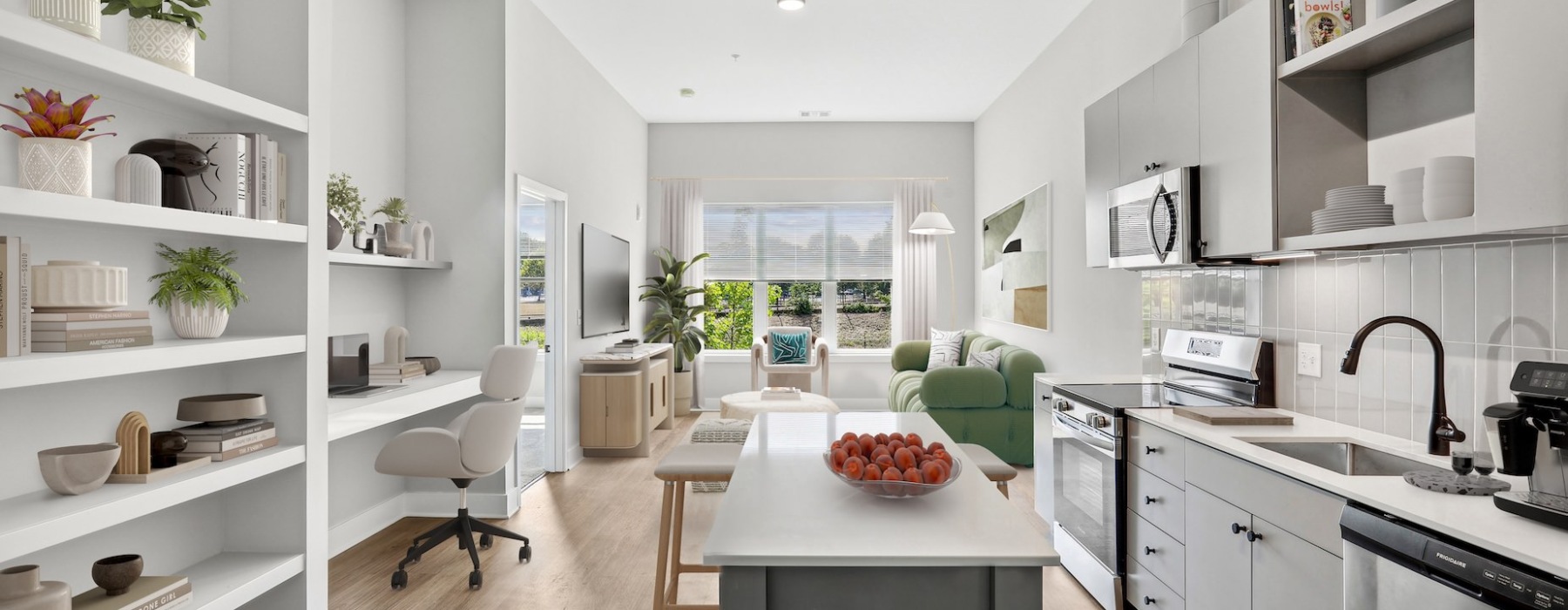At the time of application, what documents should I provide to determine eligibility?
To verify family household and to determine eligibility of the applicants, proof of identification and income is required. Each household differs and may require further documents than what is listed below. Our team will contact you after application submission if further documentation or clarification is needed. Your timely response to documentation requests will prevent any potential delays in the processing of your application.
Identification
· Valid Government-Issued Photo ID or Passport
Proof of Income (Which May Include the Following):
· Recent Tax Returns
· Most Recent W-2
· Four(4) pay stubs / Four (4) Bank Statements (Checking & Savings)
- (4) Activity Statements for (Zelle, CashApp, Apple Pay, Venmo, Paypal)
- Child Support / Alimony Statements if applicable
- Employer verification
- Written Verification
· Letter from employer stating employee amount/pay period on company letterhead
· For grad students who earn a stipend but are not actual employees of a university, this letter can come from the University stating their annual stipend
- Employer Verbal Verification
· Call directly with third party (employer) to verbally verify income
· If this is used to verify income, the resident file should be noted with the details of the call (date/time of call, person who verified, what $ income was verified)
- Self employed verification
- (Most Recent 1099)
- If not available, would need to complete a Self Employment Affidavit
- (Most Recent 1099)
What kind of income should I report?
You must report all income that anyone in your household receives. This information is then reviewed by our team, and it is required that you provide documentation to verify all income.
What are the required fees to apply for this community?
To apply for an apartment home, we require a $25 application fee
Is a credit and criminal background screening required?
Yes, both are required. We obtain a credit report on each applicant. Our credit reporting agency evaluates credit (which may include rent payment history) as an indicator of future rent payment performance. An unsatisfactory or insufficient finding will result in the requirement of an additional deposit, guarantor, or denial. Applicants are responsible for ensuring their credit history is accurate.
We also obtain a criminal background check on each applicant who will reside in the apartment home. It is possible your application will be denied due to criminal convictions.
What if I have an adult dependent that will reside in the apartment home?
If there is a person aged 18 or older who will reside in the apartment home but who will not be executing the lease documents, that person will need to qualify as an “Adult Dependent.” To qualify someone as an Adult Dependent, you must execute the Adult Dependent Certification, and the proposed Adult Dependent must be approved through our regular criminal background check process. The leaseholder(s) will be responsible for ensuring that the Adult Dependent complies with all community rules and requirements in the lease documents, but the Adult Dependent will not be financially obligated to pay rent or other amounts due under the lease documents.
What size unit do I qualify for?
The following occupancy standards apply based on two persons per bedroom, plus one per apartment home. The maximum income allowed for tenants of workforce rental units is based on the number of persons in the household, not on the size of the unit.
1. Gross maximum 80% AMI rent limit as of April 2025
2. Net (inclusive of Utility allowance) maximum 80% AMI maximum rent limit as of April 2025
What is the utility allowance and how is it determined?
The utility allowance is an amount used to determine the average utility bills for a specific area based on unit size. The utility allowance is used to calculate the gross rent for the family’s unit. The gross rent is the sum of the rent to the owner plus an allowance for tenant-paid utilities, called the utility allowance. The allowance is intended to reflect “typical” utility costs, not actual bills or costs paid by an individual household. The utility allowance would cover utilities such as electric, gas, oil, water, sewer, and trash. Please note that all utility accounts at the time of move in would need to be placed in the household’s name.

